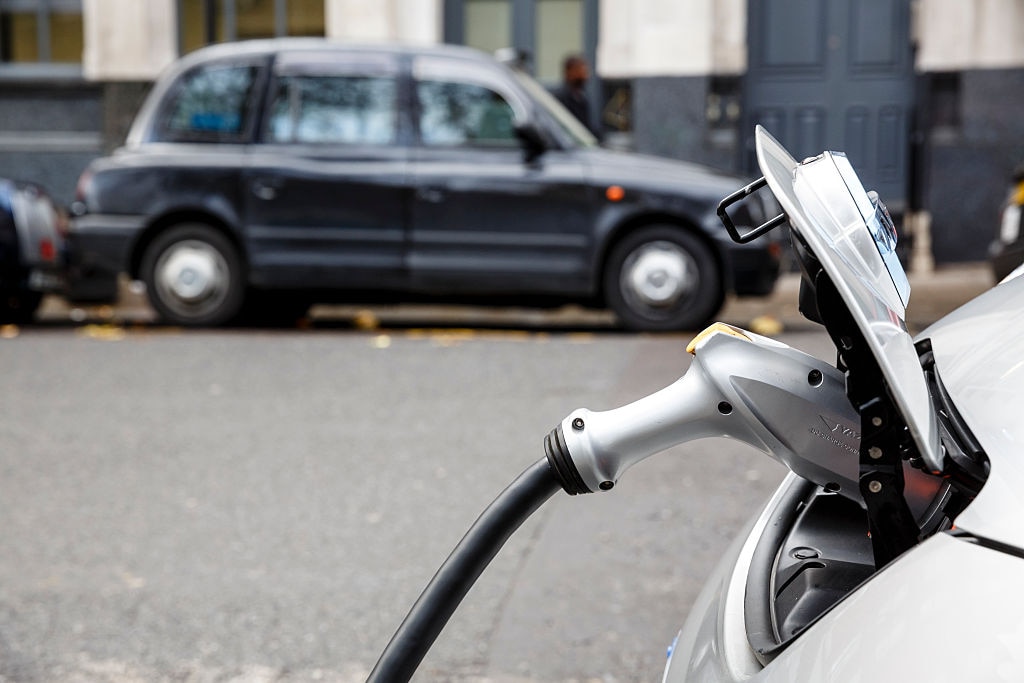Read The Full Article On: Cityam
Britain is still very much a nation wedded to our cars. And it’s not just long trips: 60 per cent of car journeys are for less than six miles.
In London, Transport for London (TfL) wants people to replace these car journeys with more active travel alternatives like cycling and walking, while the Department for Transport has been exploring the feasibility of safely deploying cleaner micromobility options like e-scooters by conducting trials in Queen Elizabeth Olympic Park. But the car remains the travel mode of choice for many.
That means that the electrification of road travel is crucial if we’re going to keep people and goods moving around our cities while protecting air quality.
Myths about electric cars abound. People underestimate their range, overestimate how expensive they are, and worry about how safe they are to drive.
We hosted the launch of BP’s On the Move report last year, which found that the big barriers in the public’s mind were the cost of vehicles (47 per cent), the availability of charging points (40 per cent), anxiety around battery life (39 per cent), and how long vehicles take to charge (37 per cent).
Both the government and industry have a role to play here in educating people about electric carss, addressing these concerns and allowing people to test vehicles to help them feel more comfortable.
An electric car communications vacuum is the perfect breeding ground for misinformation and fear, so industry and government must get on the front foot.
The need for a people-centric approach was backed up by a roundtable we hosted, which brought together automotive leaders, representatives from charities, and a major airport.
The consensus was that carrots such as financial incentives can be hugely effective, and we need more of them — combined with insights from behavioural economics and a sound understanding of how different segments of society have different desires and wants.
For example, people with disabilities often rely on their cars, but research by TfL has found that blue badge holders have concerns about the reliability of electric cars and are typically more risk-averse. Any attempt to change lifestyles must take these nuances into account.
Finally, we need to motivate people to change behaviour, if they’re able to. The same BP study found, that despite acknowledging climate change as a problem, only 25 per cent of the people surveyed think it’s possible that they’ll use greener transport for some of their journeys in the next 10 years. We need a collective mindset change.
With the Covid-19 crisis escalating day by day, we’re seeing how quickly industry is able to transform and collaborate, and how radically people can change their behaviour.
Wouldn’t it be great if, when this crisis is over, we could put some of that energy into responding to the climate emergency by bringing about a cleaner mobility future with electric cars?
This is an extremely difficult time for everyone in the country, but let’s not take our eye off the other threat to our safety or underestimate the role our transport system can play.

